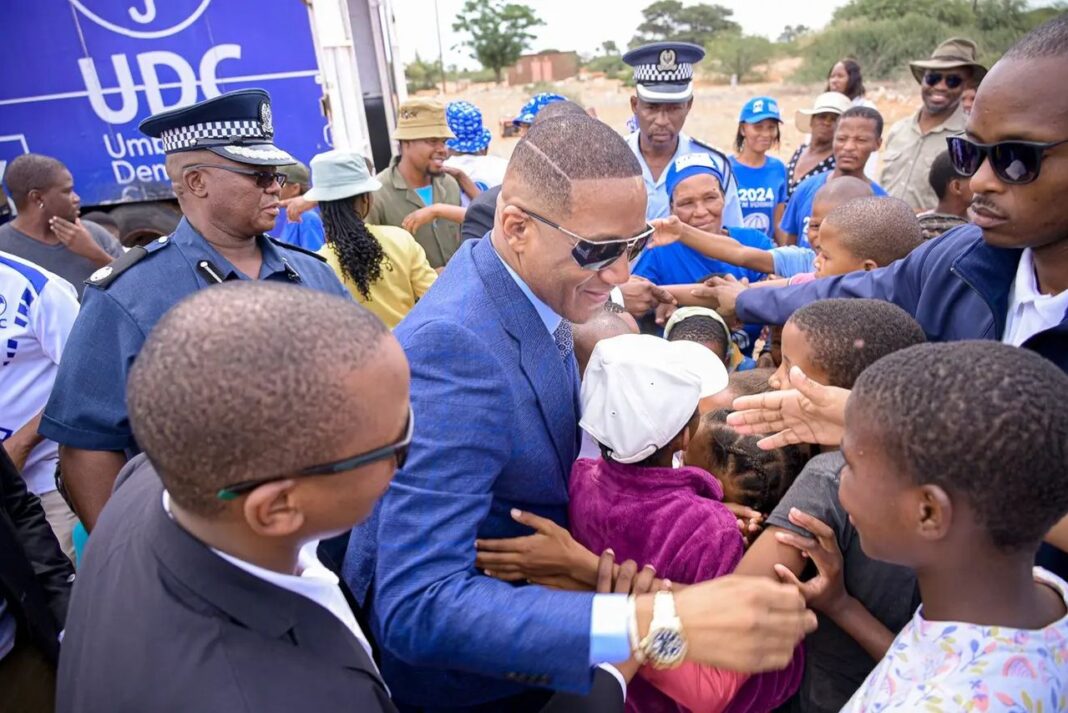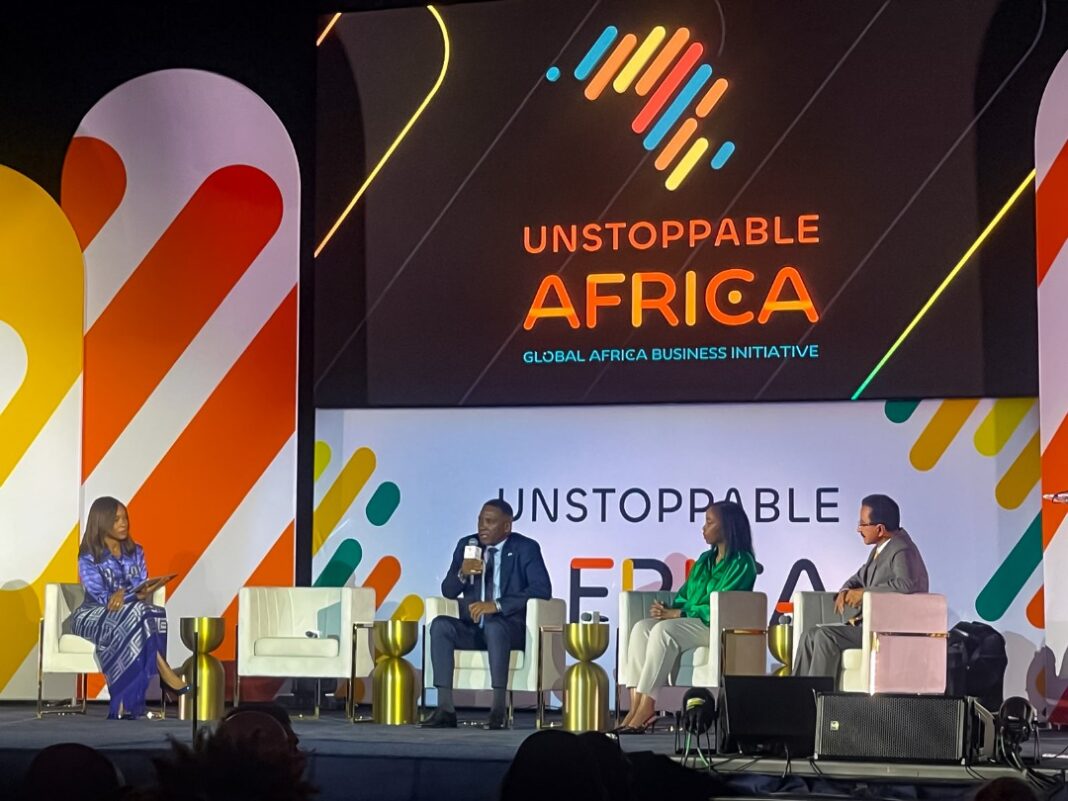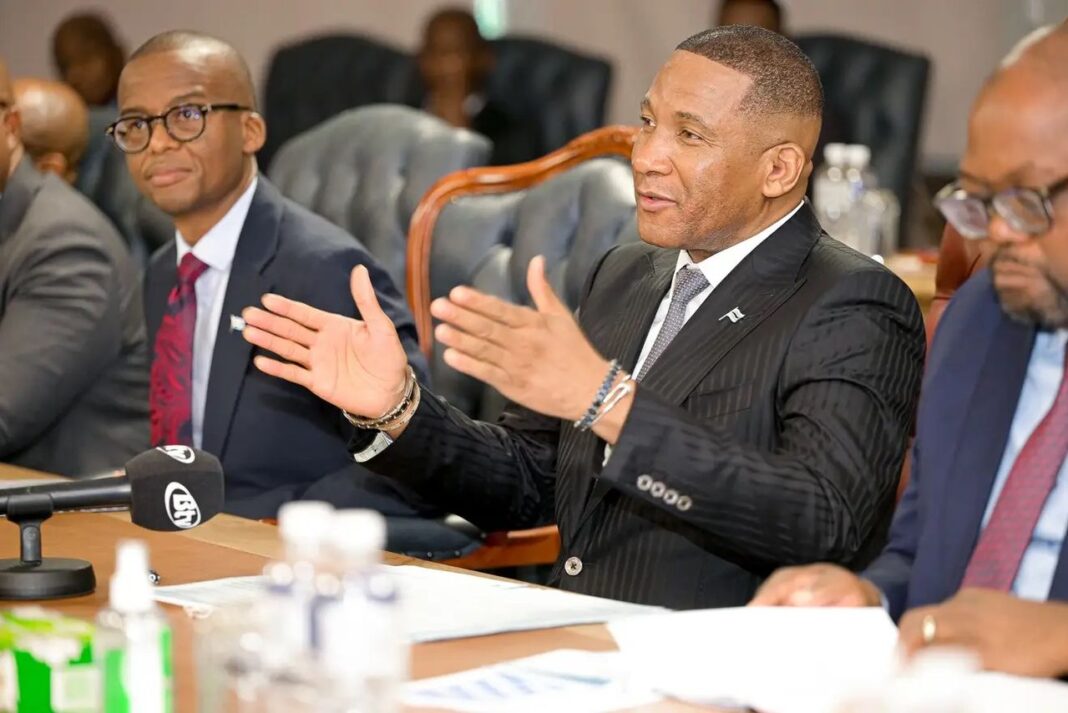Defending his administration’s decision to increase annual expenditure, President Boko highlighted that the increase is driven by significant, targeted social spending designed to lift the burdens of the most vulnerable Batswana, thereby fulfilling the UDC’s social contract despite inheriting an “ailing fiscus.” He affirmed that critics who cite high spending fail to acknowledge the people “actually benefitting from the increased expenditure.”
Immediate Financial Relief and Living Wage
The first wave of relief focused on utility access and income support. The government delivered a 30% reduction in water tariffs for every home, immediately lowering the cost of living. More dramatically, it extended an unprecedented 50% amnesty on all outstanding water bills for households. The President framed this as the government willingly absorbing the public’s financial distress, stating the UDC “forwent monies owed to Government… so that the people of Botswana have less financial burden, meaning Government took some of its people’s burdens on its own shoulders.” For the elderly, the social safety net was substantially strengthened with a 68% increase in the old age pension, rising from P830 to P1,400 per month, making their burdens “that much lighter.”
Similarly, tertiary students in the hardest-hit segment saw the TVET allowance dramatically increase by 533%, moving from P300.00 to P1,900. The President reaffirmed that the commitment to increasing the pension to P1,800 and the student allowance to P2,500 remains unshaken, to be implemented as the next vital step “upon fiscal stabilisation.” Furthermore, the administration reached a historic milestone on the promised P4,000 living wage—a move deemed a “moral and economic necessity”—with an agreement reached with seven Public Sector Unions to begin payment effective July 2025.
Transforming Welfare and New Grants
Beyond direct payment increases, the government is overhauling long-standing welfare structures to improve efficiency, accountability, and impact. The Ipelegeng Programme is currently being transformed into a modern, skills-based Public Works Programme, scheduled for full implementation by the end of 2025. This represents a shift from traditional relief work to a model that delivers vocational skills in high-growth sectors like tourism, arts, culture, and environmental conservation, designed to enable participants to transition into formal employment or self-employment. The Chema-Chema Programme was also fundamentally changed: for all existing recipients who had signed contracts, the programme was converted into an outright grant, providing a “real, economically meaningful boost” to small entrepreneurs by freeing them from debt. Looking forward, the new Child Support Grant will provide a monthly financial support of P300 to children under the age of one starting in the next financial year, covering over 39,000 eligible babies and ensuring they receive a strong start in life.
The government is also committed to operationalising the Home-Grown School Feeding Programme, which will provide two nutritious meals per day to learners, thereby enhancing food security and simultaneously creating reliable markets for local smallholder farmers. To advance inclusion, the review of the Remote Area Development Programme (RADP) is prioritised, alongside the formulation of a comprehensive Policy for Indigenous People, aiming to address their long-standing social and economic marginalisation and affirm their rights.



